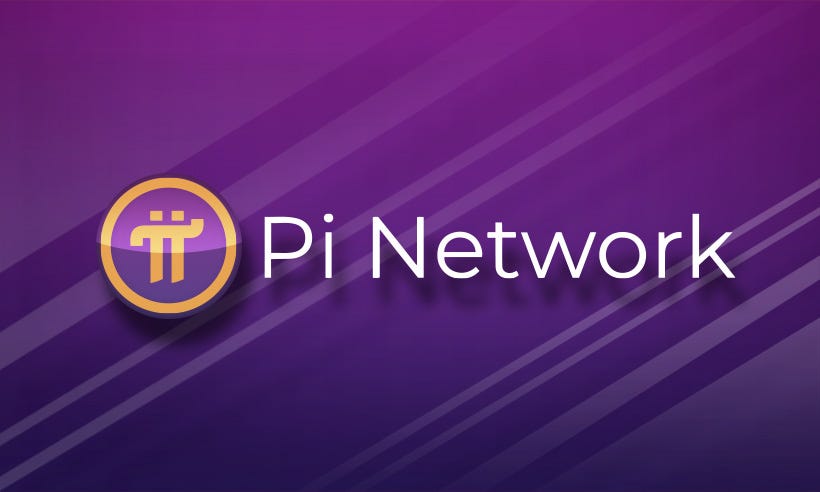|
Getting your Trinity Audio player ready...
|
The highly anticipated launch of Pi Network’s mainnet on Friday was met with enthusiasm from its global community of Pioneers. However, the celebrations were short-lived as Bybit CEO Ben Zhou publicly denounced the project, calling it a scam.
Pi Coin made its official debut on major exchanges, including OKX, Gate.io, and Bitget, marking a milestone for a project that has faced numerous delays. While the listings were seen as a positive step, Zhou’s statements have cast a shadow over Pi Network’s credibility.
In a post on X (formerly Twitter), Zhou referenced a 2023 police advisory from Chinese authorities that labeled Pi Network as fraudulent. According to the advisory, the project allegedly exploited elderly individuals, leading to personal data leaks and potential financial losses. Zhou further pointed to multiple reports questioning the legitimacy of Pi Network, reinforcing concerns about its operations.

“Bybit had made no listing request to $PI, and the claim that $PI was refused by Bybit or failed its KYB is completely nonsense,” Zhou stated. He went on to challenge Pi Network to address these accusations transparently, instead of making what he called “childish attacks.” Bybit has firmly refused to list Pi Coin, further fueling skepticism within the crypto space.
Despite the controversy, Pi Coin has gained traction, currently trading at approximately $0.63 per token on CoinMarketCap. However, its price remains highly volatile due to the uncertainty surrounding its legitimacy. Analysts remain divided, with some viewing Pi Network as a promising project, while others question its opaque development history and operational structure.
Zhou’s remarks have intensified the debate about Pi Network’s trustworthiness. While the official exchange listings provide some level of validation, regulatory warnings and skepticism from industry leaders continue to raise concerns. To gain widespread acceptance, Pi Network must directly address these allegations and demonstrate transparency in its operations. Until then, the controversy surrounding its legitimacy is unlikely to fade.
Also Read: Pi Coin Crashes 60% After $1.34B Trading Frenzy – What’s Next?
As the crypto industry watches closely, the future of Pi Network hangs in the balance, with trust and credibility remaining key factors in determining its long-term success.
Disclaimer: The information in this article is for general purposes only and does not constitute financial advice. The author’s views are personal and may not reflect the views of Chain Affairs. Before making any investment decisions, you should always conduct your own research. Chain Affairs is not responsible for any financial losses.
I’m your translator between the financial Old World and the new frontier of crypto. After a career demystifying economics and markets, I enjoy elucidating crypto – from investment risks to earth-shaking potential. Let’s explore!




